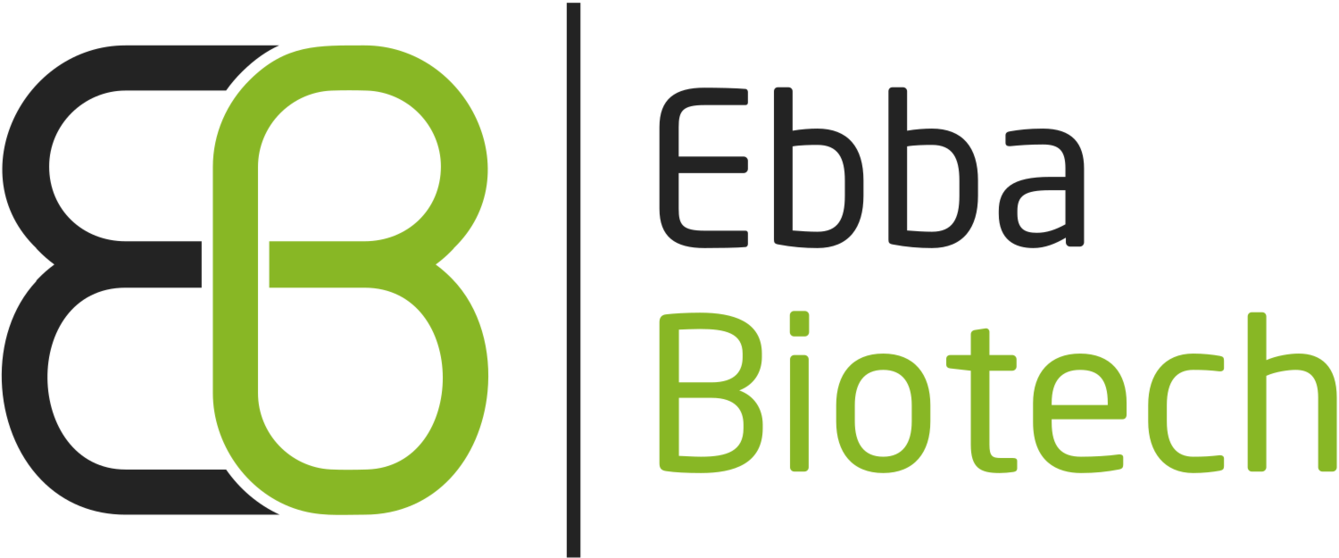Transfer cells in the glands of carnivorous plants
Ebba Biotech welcomes you to tune in to our webinar featuring Prof. Bartosz Plachno from Uniwersytet Jagielloński w Krakowie. He presents his research using Carbotrace to visualize transfer cells in the glands of carnivorous plants.
Prof. Płachno is a biologist with a particular interest in carnivorous plants. His main research tool is microscopy, especially electron microscopy, and he is particularly interested in the functioning of carnivorous plant traps in the context of different glandular structures and surface specializations. Currently, he is focusing on cell walls in glandular cells (their composition and specialization).
Incorporating Carbotrace as a problem solver in a biorefinery design process
Ebba Biotech welcomes you to tune in to our webinar featuring Dr. Frederik Zitzmann from the University of York. During his talk titled "Incorporating Carbotrace as a problem solver in a biorefinery design process.", Dr. Zitzmann will discuss how we can use novel technologies such as visualising with Carbotrace to revolutionise the world of sustainable materials.
Dr. Frederik Zitzmann is a Green Chemistry researcher with particular interest in biorefinery design, industrial scale-up as well as client-focused research & development of products. He has an extensive background working on microalgae in collaboration with various start-ups and has designed microalgal biorefinery schemes incorporating sustainable and cutting-edge methods for a holistic product development process. His fascination lies in the breadth of sustainable chemistry happening all across the globe and is eager to continue making a difference tackling the 21st century’s numerous challenges.
Cellulose in Cancer Diagnostics
Ebba Biotech welcomes you to listen to our newest webinar featuring Dr. Tharagan Kumar presenting his work from his time at KTH, the Royal Institute of Technology in Stockholm Sweden. During this talk titled “Cellulose in Cancer Diagnostics”, Dr. Kumar will be presenting his work breaking barriers in diagnostics using the Ebba Biotech Carbotrace molecules.
Dr. Kumar comes from a background in biotechnology on the nanoscale leading him to seek the link between science and technology in medicine. With this, his studies from bachelors level all the way to doctoral studies focused heavily on how modern technology can improve lives - and importantly - how to make it accessible. This has led him to seek opportunities within med-tech to understand each facet of the industry from concept, to funding to ultimately change lives.
Read more about Dr. Kumar and his research here: https://www.scilifelab.se/news/promising-diagnostic-tool-for-cancer-diagnostics/
Or about his publication here: https://www.ebbabiotech.com/blogs/carbotrace-publications/breaking-barriers-in-early-detection-of-cancer
Spectral identification and recovery of polysaccharides from biorefining
Ebba Biotech welcomes you to listen to Professor Ulrica Edlund from the Royal Institute of Technology (KTH) in Stockholm and her revolutionary work with Carbotrace and nano-materials.
The webinar titled "Selective method for spectral identification and recovery of polysaccharides from biorefining" explains how she uses Optotracers, like Carbotrace, in her research to discover and characterise renewable resources for biorefinement.
As a leading researcher in her field, Prof. Edlund contributes to reach UN sustainability goals by paving the way for a greener future moving towards renewable materials and circular economy. Her passion for finding sustainable solutions to maximise the potential of natural resources such as biomass has also led her to become the Vice Director of the research consortium AIMES (Centre for the Advancement of Integrated Medical and Engineering Sciences).
Optotracers - multifunctional fluorescent tracers
On the first of June 2021, Ferdinand Choong, Ebba Biotech's co-founder, and Assistant Professor at Karolinska Institutet and AIMES (Center for the Advancement of Integrated Medical and Engineering), presented his research using Ebba Biotech's optotracers at the digital event Lab & Diagnostics of the Future 2021, held by Life Science Sweden.
At this event, Ferdinand spoke about Ebba Biotech's optotracers multifunctional tracer for disease research and diagnostics. He explains the technical concept in large and Ebba Biotech's three product series,
Amytracker - used to detect amyloids and other protein aggregates,
Ebba Biolight - used to detect bacteria and biofilm,
Carbotrace - used for mapping composition of biobased material.
At AIMES, Ferdinand is applying optotracing to improve research and diagnostics of infection, where bacterial infection has a significant role, and biofilm might be the key reason why bacterial infection exists, which he describes in more detail.
Carbotrace 540 helps to determine purity of plant raw materials
Researchers from the Royal Institute of Technology and Karolinska Institutet in Sweden reported about an environmentally friendly process to obtain pure cellulose nanofibrils from the green macroalgae ulva lactuca (Wahlström et al. (2020) Cellulose 27, 3707–3725). Analysis of the monosugars revealed that the extracted cellulose contains mainly glucose, but also a fraction of xylose. Carbotrace 540 allowed the researchers to analyze the carbohydrates in its polymeric state and was key to uncover that the macroalgae contain a mixture between highly pure and a xylose-glucose polysaccharide, such as xyloglucan.
The video clip shows the eco-friendly extraction of of pure cellulose from green macroalgae from the Swedish west coast.
Carbotrace-like molecules for visualization of cellulose in plants
A research paper (Choong et al. (2018) Scientific Reports, 8, 3108) uses a Carbotrace-like molecule to visualize the location and structure of cellulose in plant cells.
The video below explains why it is so difficult to switch to plants for producing renewable resources and how Carbotrace can help in the process.
Carbotrace supports circular economy
In a research paper published in Cellulose (Choong et al. (2019) Cellulose, 26, 4253–4264), our structure-responsive optotracer molecule Carbotrace 680 was used to demonstrate the potential of optotracing for carbohydrate anatomical mapping and spectral imaging.
The video clip below illustrates why our current model of Take, Make, Dispose is draining our planet of natural resources and why circular economy and renewable resources are the answer. Learn how Carbotrace can help to identify renewable resources in plant biomass and support circular economy in the food & beverage, pharmaceutical and chemical industry.
